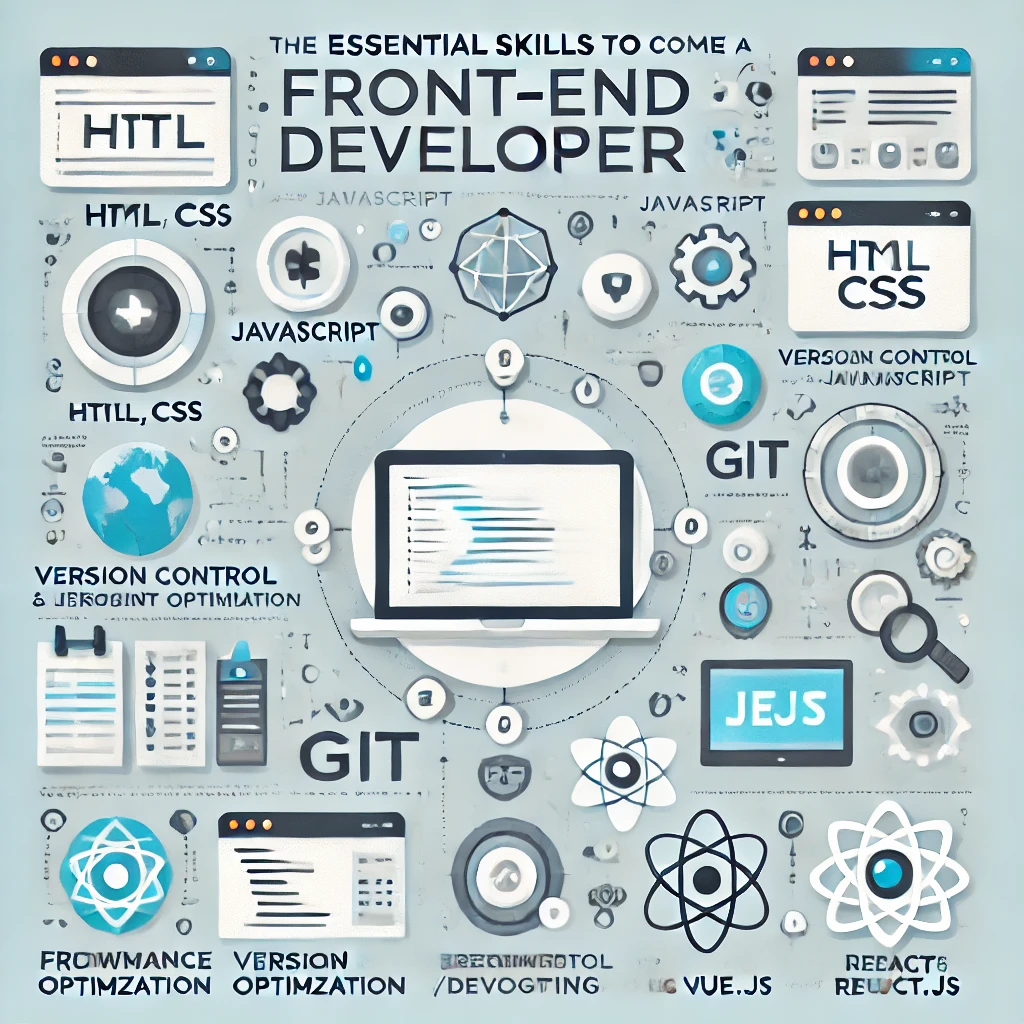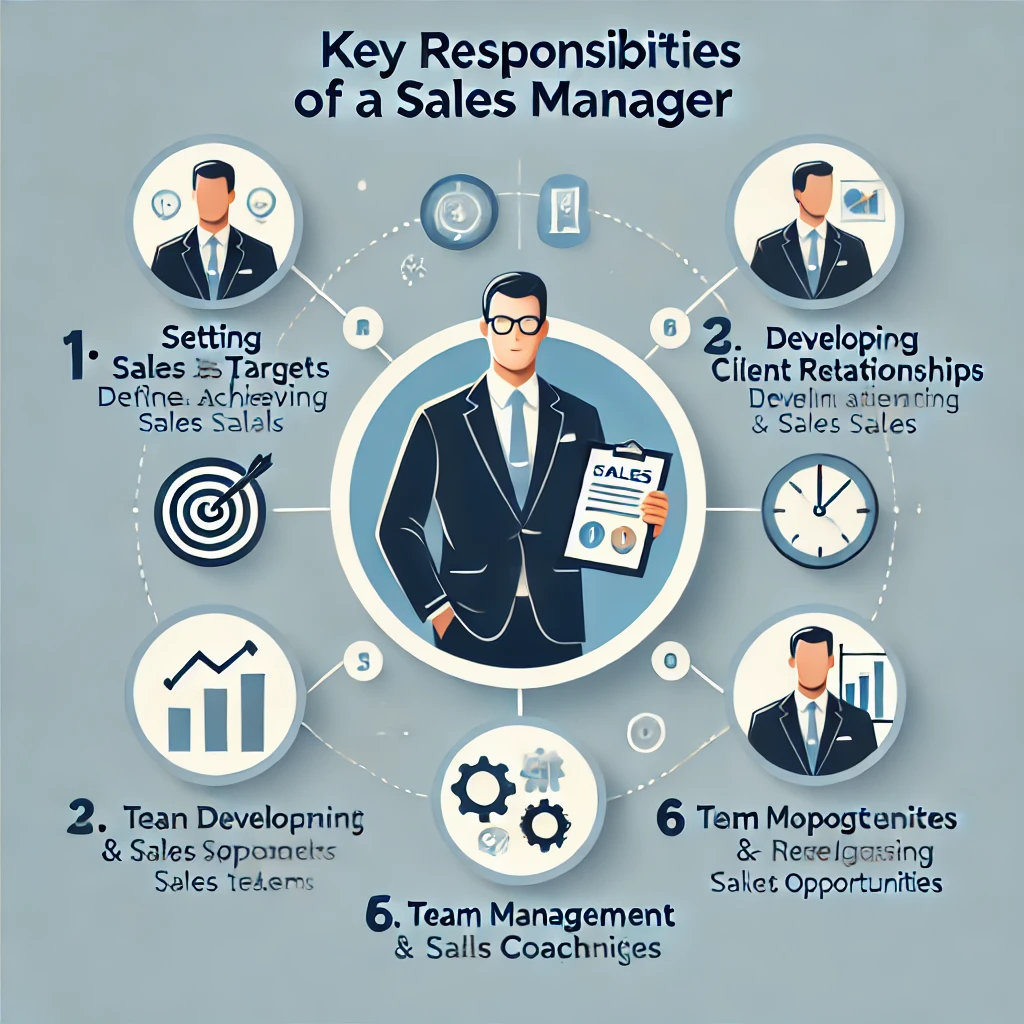Skills that were once enough to build a successful career may no longer cut it. This is where in-demand skills come in. These are the skills that employers actively seek, the abilities that keep professionals ahead in their fields, and the expertise that future-proofs careers.
7 Career Benefits of Learning In-Demand Skills

But why are in-demand skills so important?
The answer lies in the ever-changing nature of the job market. As industries adopt advanced technologies, companies look for professionals who can adapt, innovate, and deliver results.
What Are In-Demand Skills?
At its core, in-demand skills refer to abilities or expertise that are highly valued by employers due to their relevance in the current and future job market. These skills often align with emerging trends, technological advancements, and workplace priorities. In other words, they are the must-have tools professionals need to have to survive.
Qualities That Define In-Demand Skills.
To fully understand what makes in-demand skills so essential, let’s break down the key qualities that define them. These qualities set these skills apart:
1. Relevance to the Job Market.
In-demand skills are directly tied to what employers need right now. For example, the rise of technology has created a massive demand for skills like coding, cybersecurity, and data analysis. At the same time, employers are also looking for soft skills like communication, teamwork, and leadership. These skills are “relevant” because they align with current workplace trends and challenges.
2. Adaptability and Flexibility.
The world of work is constantly changing, and in-demand skills prepare professionals to adapt. For instance, as remote work became more common, skills like virtual collaboration and digital project management became crucial. Professionals with adaptable skills are better equipped to handle sudden changes, whether it’s learning a new tool or shifting to a new way of working.
3. Ability to Create Impact.
Employers value skills that contribute to the company’s success. For example, professionals with strong problem-solving skills can identify solutions that save time and money, while those skilled in customer service can build lasting relationships that improve brand loyalty. In-demand skills directly influence outcomes like improved productivity, better innovation, and stronger business performance.
4. Longevity in Value.
While some skills fade out as industries evolve, in-demand skills tend to have long-lasting relevance. For example, critical thinking and decision-making are timeless skills that remain valuable across all job sectors. Similarly, technical skills like cloud computing and digital marketing are expected to be in demand for years to come.
5. Combination of Technical and Soft Skills.
The best in-demand skills often combine technical expertise with personal qualities. For example, a data analyst not only needs technical skills like working with tools such as Python or Excel but also requires communication skills to explain findings to non-technical teams. This combination makes professionals more versatile and valuable to employers.
Why Do We Need In-Demand Skills?
The workplace is evolving faster than ever before, driven by technological advances, automation, and the global economy. With these rapid changes, it’s clear that in-demand skills have become essential for both professionals and businesses. But why exactly are these skills so important? Let’s explore the reasons.
1. To Stay Relevant in a Competitive Job Market.
Employers are constantly looking for candidates who can contribute to their organization’s success. Possessing in-demand skills ensures that you remain competitive when applying for jobs. For example, a software engineer with expertise in artificial intelligence (AI) is more likely to get hired than someone with outdated programming skills. The right skills make you stand out and show employers that you can meet their needs.
2. To Adapt to Changing Workplace Trends.
The way we work is changing drastically. Many traditional tasks are now automated, and new tools and technologies are being introduced almost daily. In-demand skills help professionals stay adaptable in this ever-changing environment. For example, project managers who can manage teams through digital collaboration tools like Asana or Slack are better equipped to succeed in remote or hybrid work environments. Being adaptable also means you’re prepared for the unexpected. When new challenges arise—such as a shift to remote work or the introduction of new technology—having the right skills allows you to embrace those changes with confidence.
3. To Drive Career Growth and Opportunities.
Many high-paying roles, such as data scientists or digital marketers, require specialized skills that are in high demand but in short supply. When you have these sought-after abilities, you position yourself for promotions, leadership roles, and more challenging projects. For instance, professionals skilled in cloud computing often see faster career progression because companies rely on these skills to store and manage their data effectively. Whether you’re starting your career or aiming for a senior role, in-demand skills are your stepping stone to success.
4. To Increase Earning Potential.
One of the biggest benefits of learning in-demand skills is the financial reward. High-value skills often come with higher salaries because employers are willing to pay a premium for expertise that is hard to find. For example: A cybersecurity analyst in the U.S. earns an average salary of $100,000 per year because this role is crucial in preventing data breaches. Similarly, digital marketing specialists with expertise in analytics and search engine optimization (SEO) can command higher salaries due to their ability to drive business growth. By mastering in-demand skills, you can significantly boost your earning potential and achieve greater financial security.
5. To Future-Proof Your Career.
Jobs are constantly changing. Some roles that exist today may disappear in the future, while entirely new jobs will emerge. For example, the rise of AI has created new roles, such as machine learning engineers and AI ethicist positions, that didn’t exist a decade ago. In-demand skills prepare you for the future by making you resilient to industry changes. Even if your current job becomes obsolete, the skills you’ve developed can help you transition into a new role. For instance, if you’re skilled in data analysis, you could easily shift from working in marketing to healthcare or finance.
6. To Solve Problems and Innovate.
Organizations rely on innovation and problem-solving, and professionals with in-demand skills play a crucial role in driving both. For example: A business analyst with strong data visualization skills can help identify inefficiencies and propose data-driven solutions to improve operations. A creative professional skilled in user experience (UX) design can come up with innovative ideas to make products more user-friendly.
RELATED BLOG: 7 Core Responsibilities of a Product Manager
Benefits of Learning In-Demand Skills.
In-demand skills offer numerous advantages, both professionally and personally. These benefits not only help you build a stronger career but also improve your ability to adapt to the world’s changing needs. Here’s a detailed breakdown of the key benefits:
1. Enhanced Career Opportunities.
Learning in-demand skills opens doors to new opportunities in high-growth industries. For example, sectors like technology, healthcare, and renewable energy are rapidly expanding, and they need skilled professionals to fill crucial roles. Whether you want to transition to a new field or climb the career ladder in your current role, in-demand skills act as a gateway to success. For instance, a healthcare professional who learns data analysis can move into roles that involve managing patient data or optimizing medical processes, significantly expanding their career options.
2. Increased Earning Potential.
One of the most immediate benefits of having in-demand skills is the ability to earn higher salaries. Employers are often willing to pay more for professionals with specialized skills that directly contribute to their business objectives. For example:
- A software developer with expertise in blockchain technology earns an average of $120,000 annually in the U.S. due to the growing need for secure transaction systems.
- Similarly, professionals with skills in digital marketing analytics often earn 15-20% more than their peers without such expertise.
3. Future-Proofing Your Career.
The job market is unpredictable, and many roles that exist today may be replaced by automation in the near future. By acquiring in-demand skills, you protect yourself from these disruptions.
For instance, traditional administrative roles are being phased out due to advancements in AI-powered tools. However, professionals who reskill into areas like data management, virtual assistance, or AI tool optimization remain relevant and continue to thrive. Future-proofing your career ensures that you’re not just prepared for today’s challenges but also ready to embrace tomorrow’s opportunities.
4. Building Adaptability and Resilience.
The ability to adapt is one of the most valuable qualities a professional can have. Learning in-demand skills makes you more flexible in the workplace, enabling you to take on different roles, learn new tools quickly, and stay confident in unfamiliar situations.
For example, during the shift to remote work, employees who were already skilled in virtual collaboration tools like Zoom and Microsoft Teams were able to adjust seamlessly. Similarly, professionals skilled in digital marketing during the rise of e-commerce gained an edge over their competitors.
5. Increased Job Satisfaction.
In-demand skills can also lead to a more fulfilling work life. When you possess the skills that make a real impact, you’re more likely to enjoy your work and feel confident in your abilities.
For instance:
- A project manager skilled in time management and team leadership can handle challenging projects with ease, leading to a sense of accomplishment.
- A graphic designer with expertise in user experience (UX) design can create work that resonates with users and feels meaningful.
6. Gaining Recognition and Credibility.
Professionals with in-demand skills are often seen as leaders and experts in their field. Employers value their contributions, and colleagues look to them for guidance and support. This recognition not only boosts your confidence but also enhances your reputation in the industry.
For example, a cybersecurity professional who successfully protects a company from potential data breaches will be recognized as an indispensable team member. Similarly, a data scientist who delivers valuable insights for business growth gains credibility as an expert. Gaining recognition not only benefits your current role but also strengthens your long-term career prospects.
7. Contributing to Innovation and Growth.
When you master in-demand skills, you become a key driver of innovation in your organization. Employers rely on skilled professionals to help them stay competitive and adapt to market trends.
For instance:
- A professional with expertise in artificial intelligence can help a company automate processes and reduce costs.
- A marketer with skills in social media and analytics can drive better engagement and higher revenue through targeted campaigns.
RELATED BLOG: How to Become a Content Creator in 2025
Practical Example: How Benefits Translate to Real-Life Success.
A few years ago, Alex noticed that UX/UI design was becoming a highly sought-after skill in the tech industry. By taking an online certification course and building a portfolio, Alex transitioned into a higher-paying role as a UX designer. Not only did Alex increase their earning potential, but they also became a key contributor to creating better digital experiences for users. This story shows how mastering in-demand skills can lead to tangible benefits, from career growth to job satisfaction.
High-Paying In-Demand Skills in 2025.
Here’s a list of high-paying in-demand skills that can lead to lucrative career opportunities. These skills are in demand across industries and often come with competitive salaries due to the expertise they require and their critical role in driving business success.
- Artificial Intelligence (AI) and Machine Learning (ML).
- Cybersecurity.
- Data Science and Data Analytics.
- Cloud Computing.
- Software Development.
- Digital Marketing with SEO Expertise.
- Blockchain Development.
- UX/UI Design.
- Project Management.
- Financial Management and Analysis.
- Content writing.
Conclusion.
Now is the time to assess your current skills, identify the areas where you can grow, and take proactive steps to build the expertise that matters most. The future belongs to those who are prepared. So, start today because in-demand skills are not just about meeting the demands of the present, but about growing in the opportunities of the future.












